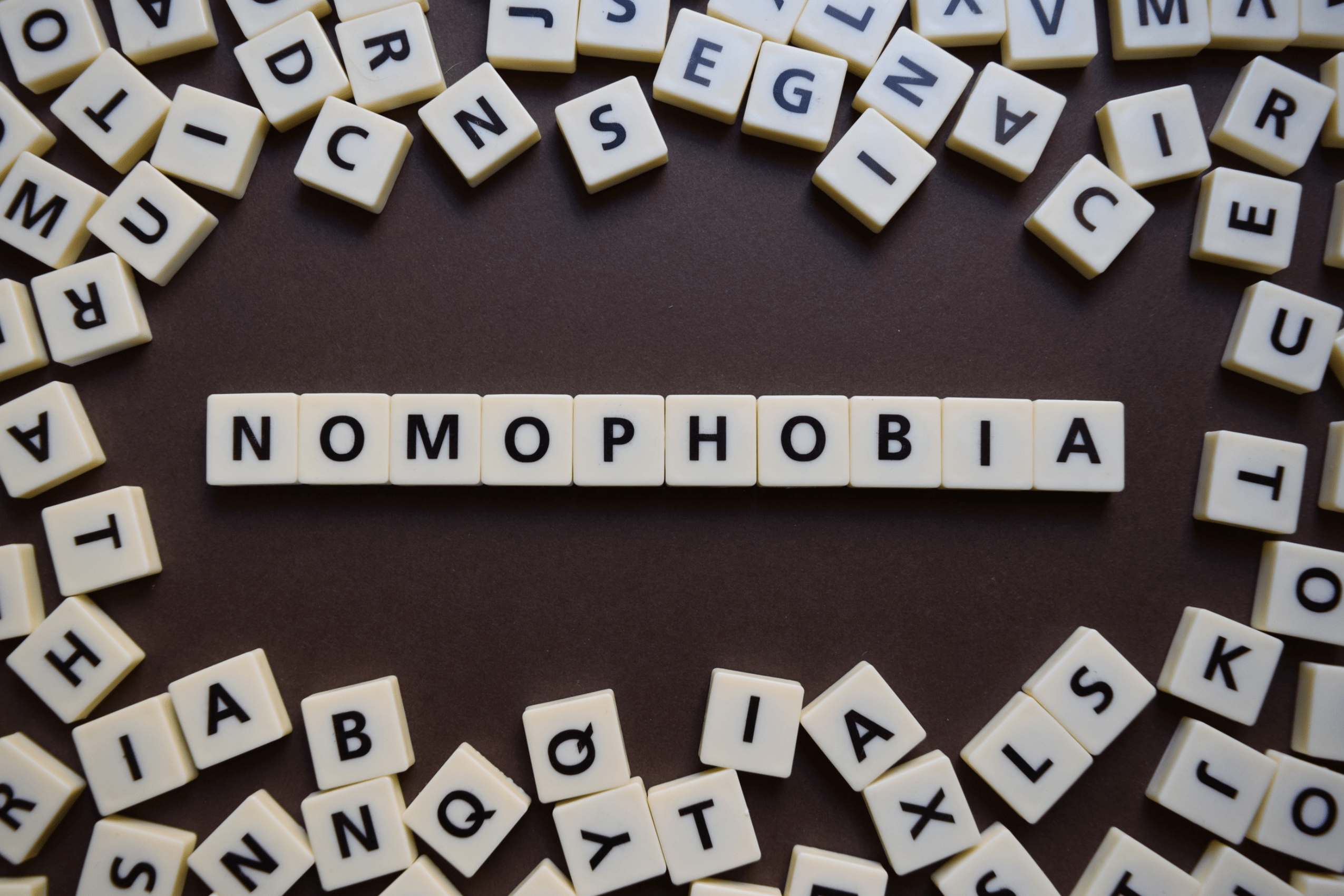Same Day, Weekend, and Evening Appointments Available!

Nomophobia comes from the phrase “No Mobile Phone Phobia”. It is used to describe a psychological condition in which an individual has a fear of being away from their phone, or away from mobile phone service. Nomophobia is a newer fear among people, as mobile phones have only been as popular as they are today for about 15 years. That doesn’t mean that nomophobia is a rare occurrence, though. In a 2019 study, about 53% of British people who have had a cell phone since 2008 feel anxious when they are without their phone, or their phone has a dead battery or no service. No studies have been done on American subjects regarding nomophobia, but some experts suggest that these numbers may be much higher, especially among the teenage population. In this post from the Louis Laves-Webb, LCSW, LPC-S & Associates blog, we’ll discuss all there is to know about nomophobia: including symptoms, causes, and potential treatments.
Officially, nomophobia has yet to be listed in the Diagnostic and Statistical Manual of Mental Health Disorders, also known as the DSM-5. Mental health professionals have yet to decide on the official diagnostic criteria for nomophobia. It is generally agreed upon that nomophobia does run the risk of negatively affecting mental health. Some mental health experts have suggested that nomophobia is a form of dependence on a mobile phone, more akin to an addiction than a phobia. Most phobias show themselves in an individual the same way anxiety does, so the symptoms of nomophobia and anxiety are one-in-the-same. The possible emotional symptoms of nomophobia are as follows:
Physical symptoms of nomophobia are in line with physical symptoms of anxiety, including:
Nomophobia is referred to as a modern phobia by many mental health experts. This means that nomophobia stems from an increased reliance on modern technology of all kinds and that this reliance results in the concern of what might happen if a mobile phone can’t be immediately accessed. Some studies suggest that nomophobia happens most often in teenagers and young adults. Medical health experts have yet to discover one specific cause of nomophobia, and instead believe there are several contributing factors.
If you’re experiencing a hard time managing day-to-day life due to nomophobia, visiting a therapist is probably the best course of action. Nomophobia, like any other phobia, is treated similarly to anxiety. The therapists here at Louis Laves-Webb, LCSW, LPC-S might recommend the following treatments for nomophobia: